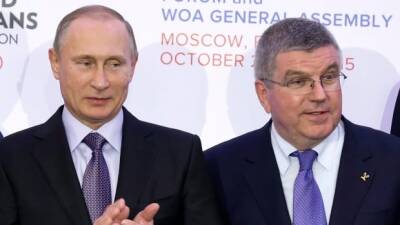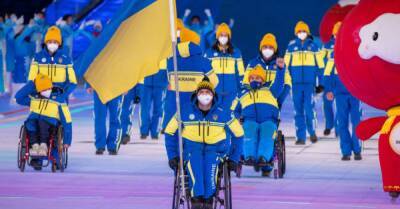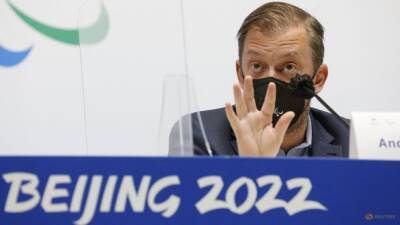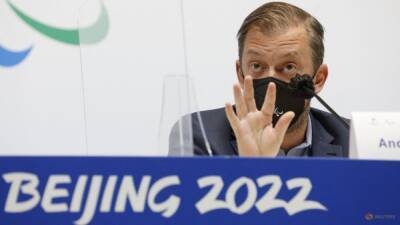Paralympic U-turn on Russian, Belarusian participation may see more twists
The Paralympic U-turn on Russian participation in the upcoming Beijing Games isn't likely to be the end of the story.
The decision to bar them came a day after the International Paralympic Committee had originally decided to allow them to compete as "neutral athletes" with no colours, flags or anthems.
The sudden reversal followed an uproar in Beijing, where athletes and teams from other countries threatened to pull out if Russians and Belarusians competed.
The Russians and Belarusians can appeal against their expulsion, either to the Court of Arbitration for Sport in Switzerland or to a court in Germany, where the IPC is based.
CAS said Thursday it had not received any appeal. Although it is obliged to handle doping cases from the Paralympics, CAS doesn't need to be involved in other IPC business.
An urgent legal process on the eve of the Paralympics could be a rerun of the Russian team's efforts to get back into the 2016 Rio de Janeiro Paralympics.
Then, the IPC imposed a blanket ban on the Russian team in fallout from the state-backed doping program that saw many of the country's athletes excluded at short notice from the Summer Olympics only weeks earlier.
WATCH | Ukrainian athletes call for Russia, Belarus to be banned from Paralympics:
In a flurry of legal hearings, the Russian Paralympic Committee failed to get the rulings it sought at the Court of Arbitration for Sport, the Swiss supreme court and the IPC's local court in Bonn, Germany. All the courts thought a Russian blanket ban was proportionate.
The Bonn court suggested the "special nature" of the Olympics and Paralympics, where athletes compete representing their nation rather than as individuals, meant they had to "accept restrictions that are not their own








